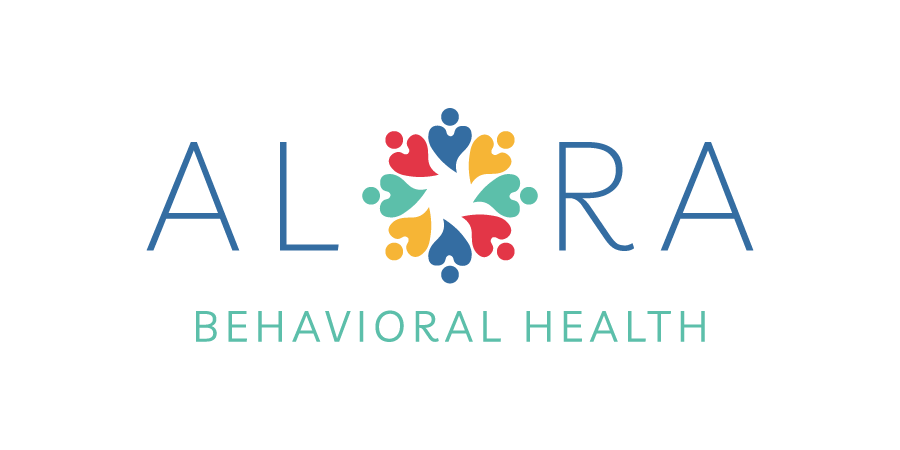The transition from summer break to the school year can be exciting but it can also come with big challenges, especially for children who thrive on structure and predictability. Shifting bedtimes, new environments, unfamiliar teachers, and changing expectations may lead to stress, behavioral changes, or difficulty adjusting.
For children receiving Applied Behavior Analysis (ABA) therapy, this time of year is an opportunity to strengthen routines, build essential skills, and ease the transition back into the school setting.
Here’s how ABA therapy can play a key role in making the return to school smoother and more successful.
1. Re-establishing Daily Routines
A predictable routine can be a powerful tool in helping children feel safe and confident. ABA therapy often includes structured planning to support skills like:
- Morning routines (e.g., waking up, brushing teeth, getting dressed, eating breakfast)
- After-school transitions (e.g., unpacking backpack, completing homework, snack time)
- Evening wind-downs (e.g., dinner, bath, and bedtime routines)
Therapists can work with families to break these steps into manageable pieces, practice them regularly, and reinforce each success.
2. Practicing Transitions
Transitions are a common area of difficulty for many children. Whether it’s leaving home in the morning or shifting between classroom activities, transitions can feel overwhelming.
ABA strategies like visual schedules, timers, and positive reinforcement can help children anticipate what’s next and feel more prepared to move from one activity to another. These supports can be customized and practiced at home or in therapy sessions ahead of the school year.
3. Building Communication Skills
Back-to-school often means navigating new social situations—meeting teachers, classmates, or adjusting to different classroom routines. ABA therapy can help strengthen functional communication skills, such as:
- Asking for help
- Expressing needs
- Participating in conversations
- Following classroom instructions
If a child uses alternative communication methods like AAC devices, therapists can also help them practice using these tools in scenarios similar to the school environment.
4. Supporting Emotional Regulation
The return to school can bring a mix of emotions: excitement, anxiety, frustration, or even fear. ABA therapy can help children recognize how they’re feeling and use appropriate strategies to manage those feelings—like taking a break, using calming techniques, or expressing emotions with words or visuals.
Behavior technicians often use modeling, prompting, and reinforcement to teach these coping strategies in safe, supportive settings.
5. Improving Executive Functioning
Executive functioning skills—such as organization, planning, and task initiation—are essential for school success. ABA programs can target these areas through structured tasks that mimic classroom demands.
Examples include:
- Packing and organizing a backpack
- Completing multi-step assignments
- Transitioning between independent work and group time
These skills can be taught gradually and tailored to each child’s developmental level.
6. Collaborating With Schools
One of the strengths of ABA is its adaptability across settings. Many ABA providers collaborate with teachers, school staff, and other professionals to help create a more seamless experience for the child.
This collaboration may involve:
- Sharing behavior support plans
- Providing suggestions for classroom accommodations
- Offering ideas for reinforcement systems used both at home and at school
Consistency across environments can help reinforce skills and reduce confusion.
7. Customizing Support to Your Child’s Needs
Every child is different. ABA therapy is designed to be individualized based on your child’s unique strengths, needs, and goals. Whether your child is starting kindergarten, entering middle school, or transitioning into a new classroom, ABA providers can help set personalized goals that align with upcoming school changes.
Final Thoughts
Back-to-school season doesn’t have to be stressful. With the right support, it can be an opportunity to grow independence, strengthen communication, and build confidence. ABA therapy can help children prepare for a new school year—one step at a time.
If you’re curious about how Alora Behavioral Health can support your family during this transition, reach out to learn more about our personalized in-home ABA therapy programs.
